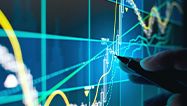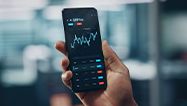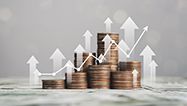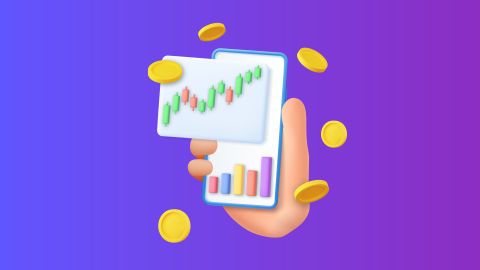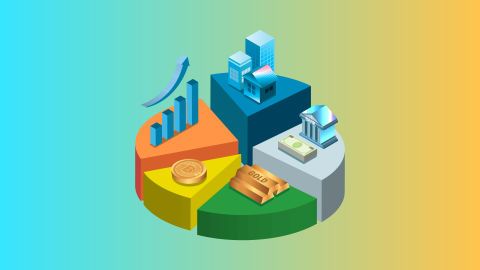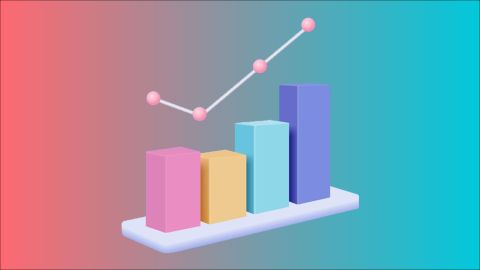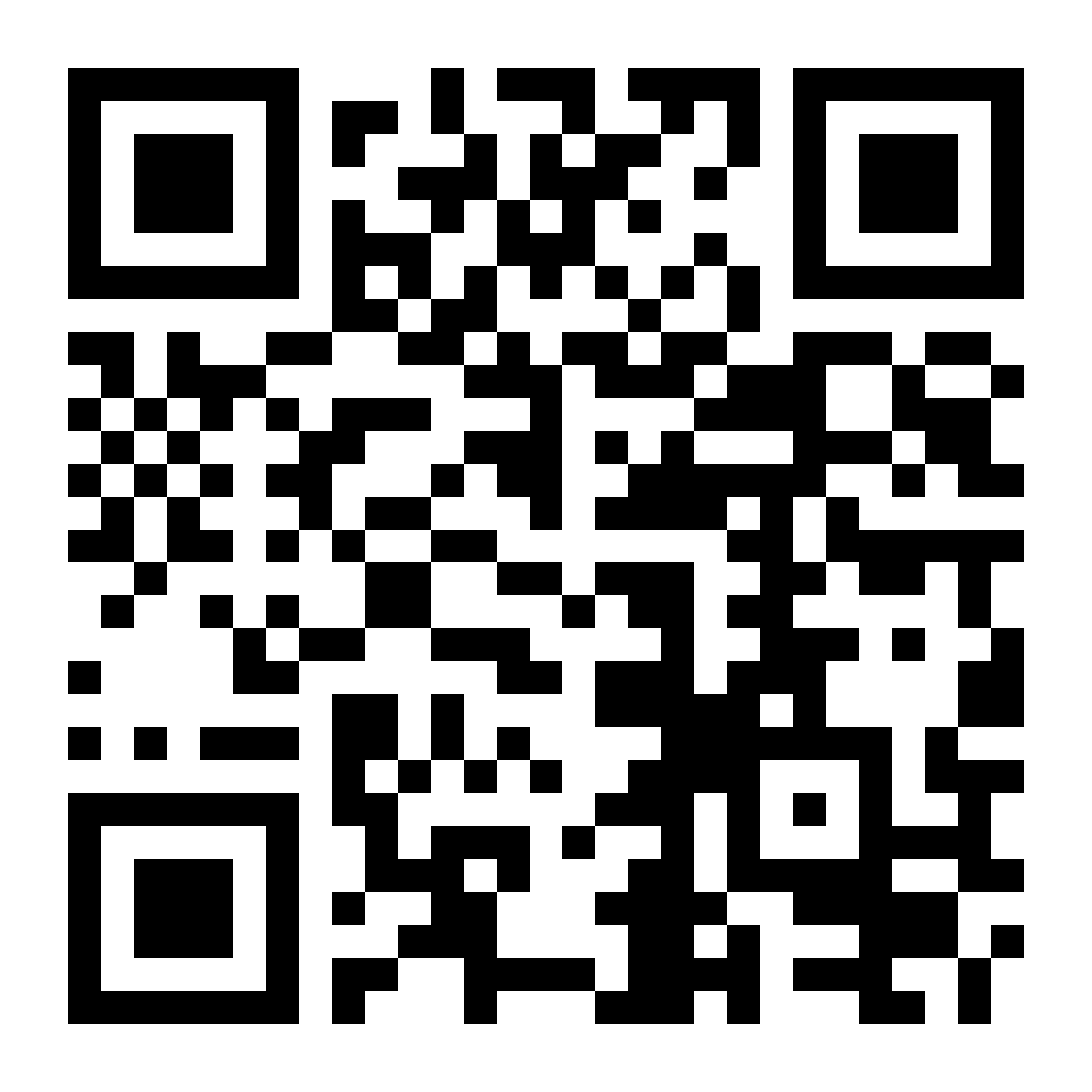- A trading desk is a central location where all trading activities of clients are conducted.
- Big investment firms use a trading desk as a financial service for their clients' trading orders, financial management, and growth.
- There are four major types of trading desks: fixed-income, commodities, derivatives, and equity.
|
|
Notifications
Notifications
Bajaj Finance Limited
Menu
- Loans
- All on EMI
- Bajaj Mall
- Insta EMI Card
- Investments
- Insurance
- Payments
- Offers
- Services
- About Bajaj Finserv
- Home
- Service
-
Scan QR
- Offers
-
Menu
- Service Chat
Menu

Personal Loan

Hot Deals

Bajaj Pay

Electronics & Smartphones

Loans
-
Personal Loan
-
Gold Loan
-
Business Loan
-
Loan for Doctors
-
Home Loan
-
Secured Business Loan
-
Loan Against Property
-
Loan Against Shares
-
Loan for Chartered Accountants
-
Medical Equipment Finance
-
Loan Against Property Balance Transfer
-
Home Loan Balance Transfer
-
Loan Against Mutual Funds
-
Loan Against Insurance Policy
-
ESOP Financing
-
Easy EMI Loan
-
Buy a Used Car
-
New Tractor Loan
-
Two-wheeler Loan
-
Loan Against Car
-
Car Loan Balance Transfer and Top-up
-
New Car Loan
-
Loan for Lawyer
-
Secured Business Loan Balance Transfer
-
 Industrial Equipment Finance
Industrial Equipment Finance
-
 Industrial Equipment Balance Transfer
Industrial Equipment Balance Transfer
-
 Industrial Equipment Refinance
Industrial Equipment Refinance
-
Used Car Loan
-
Personal Loan Branch Locator
-
Used Tractor Loan
-
Loan Against Tractor
-
Tractor Loan Balance Transfer
-
Flexi
-
View All

Two Wheeler World

EMI Card

Share Market

Home Loan World

Insurance
-
Health Insurance
-
Term Life Insurance
-
ULIP Plan
-
Savings Plan
-
Family Insurance
-
Senior Citizen Health Insurance
-
Critical Illness Insurance
-
Child Health Insurance
-
Pregnancy and Maternity Health Insurance
-
Individual Health Insurance
-
Low Income Health Insurance
-
Student Health Insurance
-
Group Health Insurance
-
Retirement Plans
-
Child Plans
-
Investment Plans
-
Wallet Care
-
Wallet care entertainment+
-
Personal Accident Care
-
EMI/SIP Cover
-
Health Prime Max
-
Fonesafe Lite
-
Mobile Protect
-
Wallet Protekt
-
Dengue Cover
-
Niva Bupa Health Plus
-
Health Plus Hospital Cash
-
Four Wheeler Insurance

MSME World
-
Business Loan
-
Secured Business Loan
-
Secured Business Loan Balance Transfer
-
Loan against property
-
Loans against property balance transfer
-
Loan against shares
-
Home Loan
-
Loans against mutual funds
-
Loan against bonds
-
Loan against insurance policy
-
 Industrial Equipment Finance
Industrial Equipment Finance
-
 Industrial Equipment Balance Transfer
Industrial Equipment Balance Transfer
-
 Industrial Equipment Refinance
Industrial Equipment Refinance

Investments

Auto World

Bajaj Prime

Easy EMI Loan

Calculators
-
Personal Loan EMI Calculator
-
Personal Loan Eligibility Calculator
-
Home Loan EMI Calculator
-
Home Loan Eligibility Calculator
-
Good & Service Tax (GST) Calculator
-
Flexi Day Wise Interest Calculator
-
Flexi Transaction Calculator
-
Secured Business Loan Eligibility Calculator
-
Fixed Deposits Interest Calculator
-
Two wheeler Loan EMI Calculator
-
New Car Loan EMI Calculator
-
Used Car Loan EMI Calculator
-
All Calculator
-
Used Tractor Loan EMI Calculator

Lifestyle

Doctor World

Engagement Zone

Deals and Savings

Mobiles on EMI

Articles

Loan Payments

Bank details/ Documents

Do Not Call Service

Your Things

Partners

What's New

Videos

All on EMI

Brand Offers













 Personal Loan
Personal Loan Check Eligibility
Check Eligibility Salaried Personal Loan
Salaried Personal Loan EMI Calculator
EMI Calculator Account Aggregator
Account Aggregator Deals starting @99
Deals starting @99 Min. 50% off
Min. 50% off Bajaj Pay
Bajaj Pay Wallet to Bank
Wallet to Bank Smartphones
Smartphones Led TVs
Led TVs Air Conditioner
Air Conditioner Refrigerators
Refrigerators Air Coolers
Air Coolers Laptops
Laptops Washing Machines
Washing Machines Savings Offer
Savings Offer Easy EMI Loan
Easy EMI Loan Two-wheeler Loan
Two-wheeler Loan Bike
Bike Commuter Bike
Commuter Bike Sports Bike
Sports Bike Tourer Bike
Tourer Bike Cruiser Bike
Cruiser Bike Adventure Bike
Adventure Bike Scooter
Scooter Electric Vehicle
Electric Vehicle Best Sellers
Best Sellers Popular Brands
Popular Brands Open Demat Account
Open Demat Account Trading Account
Trading Account Margin Trading Facility
Margin Trading Facility Share Market
Share Market Invest in IPO
Invest in IPO All stocks
All stocks Top gainers
Top gainers Top losers
Top losers 52 week high
52 week high 52 week low
52 week low Loan against shares
Loan against shares Home Loan
Home Loan Transfer your existing Home loan
Transfer your existing Home loan Loan against Property
Loan against Property Home Loan for Salaried
Home Loan for Salaried Home loan for self employed
Home loan for self employed Loan Against Property Balance Transfer
Loan Against Property Balance Transfer Home Loan EMI Calculator
Home Loan EMI Calculator Home Loan eligibility calculator
Home Loan eligibility calculator Home Loan balance transfer
Home Loan balance transfer View All
View All
 Apply for Gold Loan
Apply for Gold Loan Transfer your Gold Loan with Us
Transfer your Gold Loan with Us Gold Loan Branch Locator
Gold Loan Branch Locator ULIP Plan
ULIP Plan Savings Plan
Savings Plan Retirement Plans
Retirement Plans Child Plans
Child Plans Free Demat Account
Free Demat Account Invest in Stocks
Invest in Stocks Invest in IPO
Invest in IPO Margin Trading Facility
Margin Trading Facility Fixed Deposit Branch Locator
Fixed Deposit Branch Locator New Car Loan
New Car Loan Used Car Loan
Used Car Loan Loan Against Car
Loan Against Car Car Loan Balance Transfer and Top-up
Car Loan Balance Transfer and Top-up My Garage
My Garage Get Bajaj Prime
Get Bajaj Prime Mobiles on EMI
Mobiles on EMI Electronics on EMI Offer
Electronics on EMI Offer  Iphone on EMI
Iphone on EMI LED TV on EMI
LED TV on EMI Refrigerator on EMI
Refrigerator on EMI Laptop on EMI
Laptop on EMI Kitchen appliances on EMI
Kitchen appliances on EMI Washing machines
Washing machines Hot Deals
Hot Deals Clearance Sale
Clearance Sale Kitchen Appliances
Kitchen Appliances Tyres
Tyres Camera & Accessories
Camera & Accessories Mattresses
Mattresses Furniture
Furniture Watches
Watches Music & Audio
Music & Audio Cycles
Cycles Mixer & Grinder
Mixer & Grinder Luggage & Travel
Luggage & Travel Fitness Equipment
Fitness Equipment Fans
Fans Personal Loan for Doctors
Personal Loan for Doctors Business loan for Doctors
Business loan for Doctors Home Loan
Home Loan Secured Business Loan
Secured Business Loan Loan against property
Loan against property Secured Business Loan Balance Transfer
Secured Business Loan Balance Transfer Loan against share
Loan against share Gold Loan
Gold Loan Medical Equipment Finance
Medical Equipment Finance Smart Hub
Smart Hub ITR Service
ITR Service Digi Sarkar
Digi Sarkar Savings Offer
Savings Offer Easy EMI
Easy EMI Offer World
Offer World 1 EMI OFF
1 EMI OFF New Launches
New Launches Zero Down Payment
Zero Down Payment Clearance Sale
Clearance Sale Bajaj Mall Sale
Bajaj Mall Sale Mobiles under ₹20,000
Mobiles under ₹20,000 Mobiles under ₹25,000
Mobiles under ₹25,000 Mobiles under ₹30,000
Mobiles under ₹30,000 Mobiles under ₹35,000
Mobiles under ₹35,000 Mobiles under ₹40,000
Mobiles under ₹40,000 Mobiles under ₹50,000
Mobiles under ₹50,000 Articles
Articles Overdue Payments
Overdue Payments Other Payments
Other Payments Document Center
Document Center Bank details & Documents
Bank details & Documents Tax Invoice Certificate
Tax Invoice Certificate Do Not Call Service
Do Not Call Service Hamara Mall Orders
Hamara Mall Orders Your Orders
Your Orders
 Fixed Deposit (IFA) Partner
Fixed Deposit (IFA) Partner Loan (DSA) Partner
Loan (DSA) Partner Debt Management Partner
Debt Management Partner EMI Network Partner
EMI Network Partner Became a Merchant
Became a Merchant Partner Sign-in
Partner Sign-in Trade directly with your Demat A/c
Trade directly with your Demat A/c ITR
ITR My Garage
My Garage Live Videos - Beta
Live Videos - Beta Savings Offer
Savings Offer Smartphones
Smartphones LED TVs
LED TVs Air Conditioners
Air Conditioners Refrigerators
Refrigerators Air Coolers
Air Coolers Laptops
Laptops Washing Machines
Washing Machines Water Purifiers
Water Purifiers Tablets
Tablets Kitchen Appliances
Kitchen Appliances Mattresses
Mattresses Furniture
Furniture Music and Audio
Music and Audio Cameras & Accessories
Cameras & Accessories Cycle
Cycle Watches
Watches Tyres
Tyres Luggage & Travel
Luggage & Travel Fitness Equipment
Fitness Equipment Tractor
Tractor Easy EMI Loan
Easy EMI Loan vivo Mobiles
vivo Mobiles OPPO Mobiles
OPPO Mobiles Xiaomi Mobiles
Xiaomi Mobiles Sony LED TVs
Sony LED TVs Samsung LED TVs
Samsung LED TVs LG LED TVs
LG LED TVs Haier LED TVs
Haier LED TVs Godrej Refrigerators
Godrej Refrigerators Voltas Washing Machines
Voltas Washing Machines
 New Tractor Loan
New Tractor Loan Used Tractor Loan
Used Tractor Loan Loan Against Tractor
Loan Against Tractor Tractor Loan Balance Transfer
Tractor Loan Balance Transfer
 New Car Loan
New Car Loan New Cars Under ₹10 Lakh
New Cars Under ₹10 Lakh New Cars – ₹10–₹15 Lakh
New Cars – ₹10–₹15 Lakh New Cars – ₹15–₹20 Lakh
New Cars – ₹15–₹20 Lakh New Cars – ₹20–₹25 Lakh
New Cars – ₹20–₹25 Lakh New Car Brands
New Car Brands Petrol – New Cars
Petrol – New Cars Diesel – New Cars
Diesel – New Cars Electric – New Cars
Electric – New Cars CNG – New Cars
CNG – New Cars Hybrid – New Cars
Hybrid – New Cars






